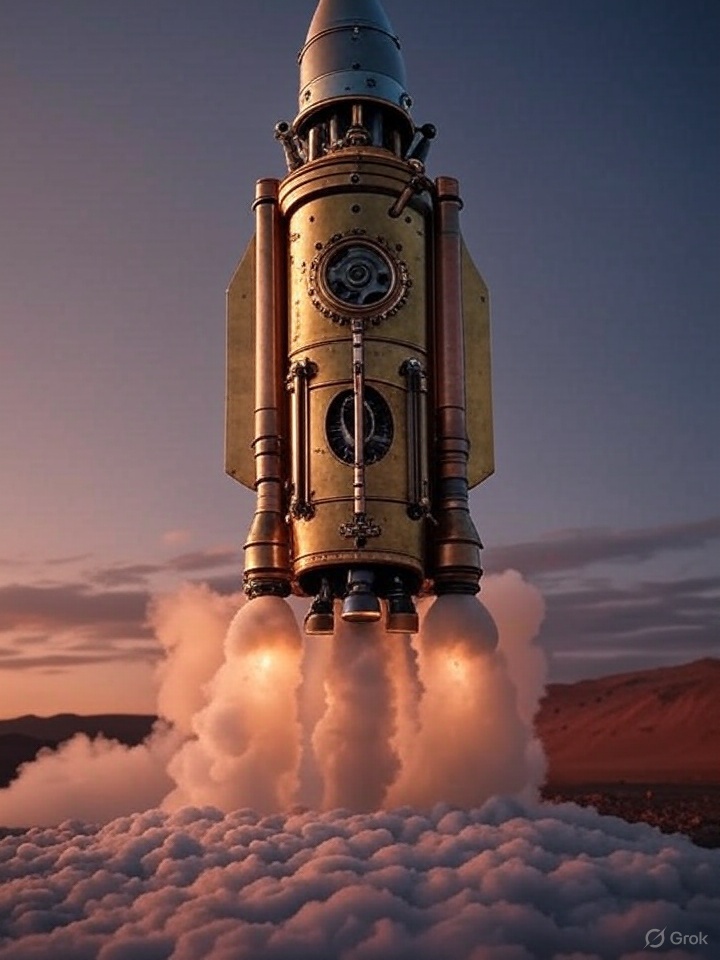Elon Musk, the visionary entrepreneur behind SpaceX, has long championed the idea of colonizing Mars as a critical step for ensuring the survival of human civilization.
His ambitious plan to make humanity a multi-planetary species is driven by a mix of scientific reasoning, existential concerns, and a deep-seated belief in the potential of humanity to thrive beyond Earth.
In this article, we explore Musk’s reasoning for why colonizing Mars is not just a lofty dream but a necessary endeavor for the long-term survival of our species.
The Existential Threat to Humanity
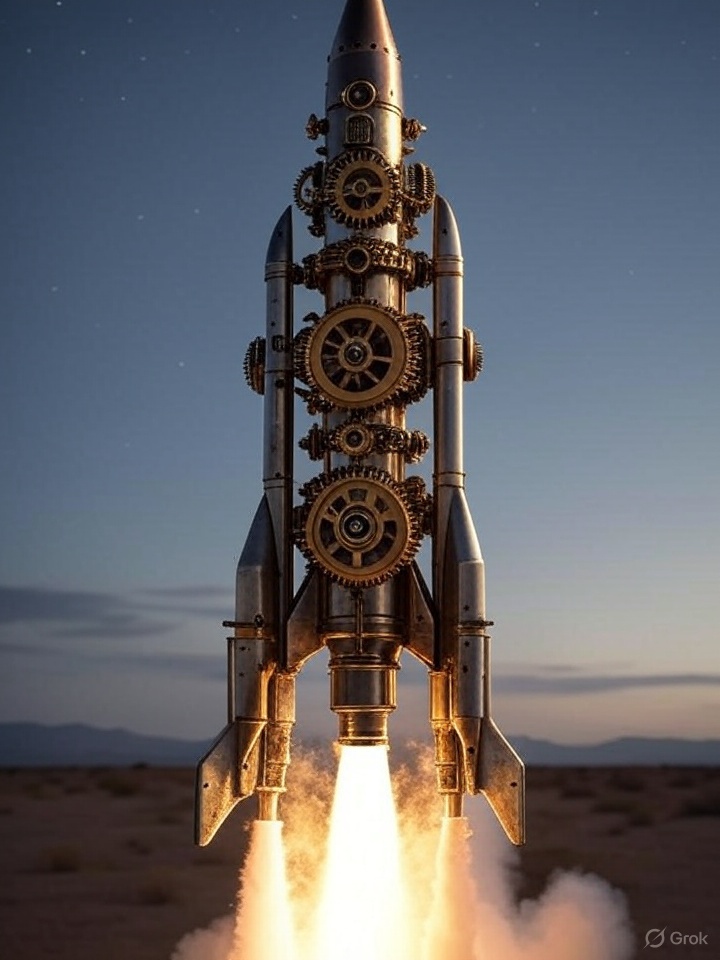 Musk has repeatedly emphasized that humanity faces numerous existential risks on Earth.
Musk has repeatedly emphasized that humanity faces numerous existential risks on Earth.
From natural disasters like supervolcanoes and asteroid impacts to human-made threats such as nuclear conflict, pandemics, or climate change, the survival of civilization is far from guaranteed.
Musk argues that these risks, while potentially rare, could wipe out humanity or set civilization back centuries. By establishing a self-sustaining colony on Mars, humanity would have a "backup" — a safeguard against extinction-level events.
In a 2016 speech at the International Astronautical Congress, Musk stated, “If we stay on Earth forever, there will be some eventual extinction event.
The alternative is to become a spacefaring civilization and a multi-planetary species.”
This perspective underscores his belief that spreading humanity across multiple planets significantly reduces the risk of total annihilation.
Also read:
- Did Mars Previously Harbor Life? Will Life Be Sustainable There in the Future?
- The Curiosity Mars Rover's Wheel Looks Absolutely Wrecked
- Jeff Bezos Reportedly Has Secretive "Personal Reasons" for Wanting to Escape to Mars
Preserving Consciousness
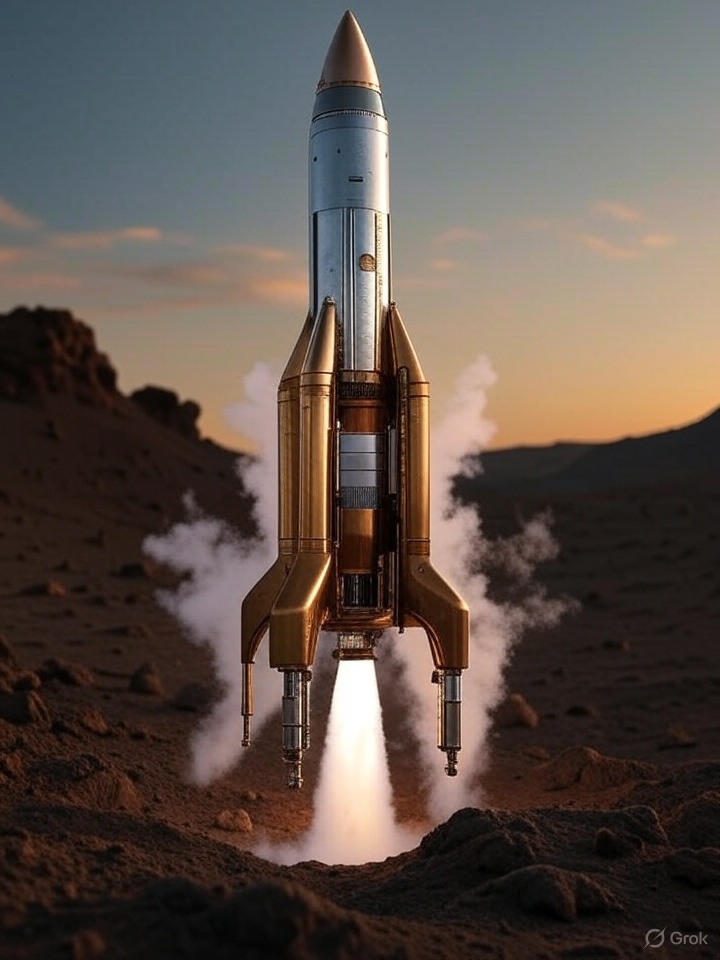 Beyond physical survival, Musk sees colonizing Mars as a way to preserve human consciousness. He views consciousness as a rare and precious phenomenon in the universe, describing it as “a small candle in a vast darkness.” If humanity were to perish on Earth, the unique spark of human intelligence, creativity, and culture could be lost forever.
Beyond physical survival, Musk sees colonizing Mars as a way to preserve human consciousness. He views consciousness as a rare and precious phenomenon in the universe, describing it as “a small candle in a vast darkness.” If humanity were to perish on Earth, the unique spark of human intelligence, creativity, and culture could be lost forever.
By establishing a presence on Mars, Musk believes we can ensure that human consciousness endures, even in the face of catastrophic events on Earth.
Driving Technological Innovation
Musk’s plan to colonize Mars is not just about survival but also about pushing the boundaries of human innovation. The challenges of living on a planet with a thin atmosphere, extreme temperatures, and limited resources demand breakthroughs in technology.
From advanced life-support systems to sustainable energy solutions and interplanetary transportation, the pursuit of a Martian colony is already spurring advancements that benefit life on Earth.
For instance, SpaceX’s development of reusable rockets, such as the Starship, has dramatically reduced the cost of space travel. These innovations could make space exploration more accessible and pave the way for further discoveries. Musk has often said that the technologies developed for Mars colonization could also address pressing challenges on Earth, such as clean energy and resource management.
A Self-Sustaining Colony
 Musk’s vision for Mars is not a mere outpost but a fully self-sustaining colony capable of supporting millions of people.
Musk’s vision for Mars is not a mere outpost but a fully self-sustaining colony capable of supporting millions of people.
He envisions a future where Martians can grow food, produce energy, and manufacture goods independently of Earth.
This self-sufficiency is critical, as reliance on Earth for supplies would be unsustainable in the long term, especially in the event of a global crisis.
SpaceX’s Starship, designed to carry up to 100 passengers and vast amounts of cargo, is central to this vision.
Musk estimates that a fleet of Starships could transport the necessary resources to build a Martian city within decades.
By creating a thriving colony, Musk believes humanity can establish a new branch of civilization, one that could outlive Earth itself.
Inspiring Humanity
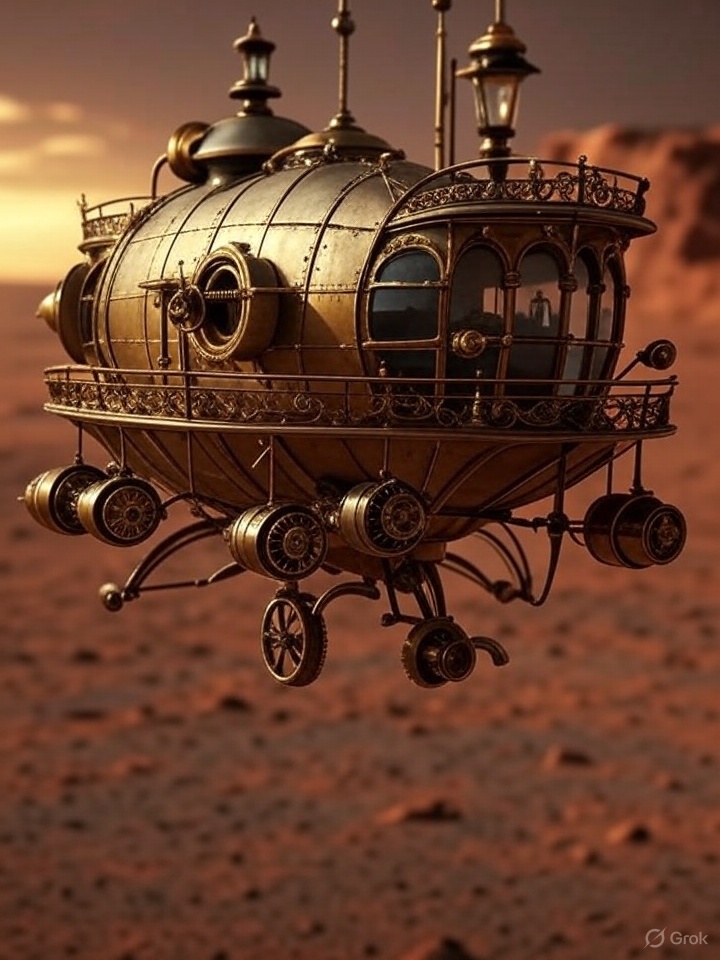 Beyond the practical reasons, Musk sees Mars colonization as a way to inspire humanity and give people a sense of purpose.
Beyond the practical reasons, Musk sees Mars colonization as a way to inspire humanity and give people a sense of purpose.
He often speaks of the need for a “great filter” — a challenge that pushes humanity to evolve and overcome its limitations. The audacious goal of colonizing Mars captures the imagination and galvanizes collective effort, much like the Apollo missions did in the 1960s.
Musk believes that such a grand endeavor can unite people, foster optimism, and remind humanity of its potential to achieve the impossible.
Addressing the Critics
Critics argue that the resources and effort required to colonize Mars could be better spent solving problems on Earth, such as poverty or climate change. Musk counters this by asserting that the two goals are not mutually exclusive.
He believes that the pursuit of Mars colonization will yield technological and societal benefits that can address terrestrial challenges.
Moreover, he argues that the cost of inaction — the potential extinction of humanity — far outweighs the investment required to establish a Martian colony.
The Path Forward
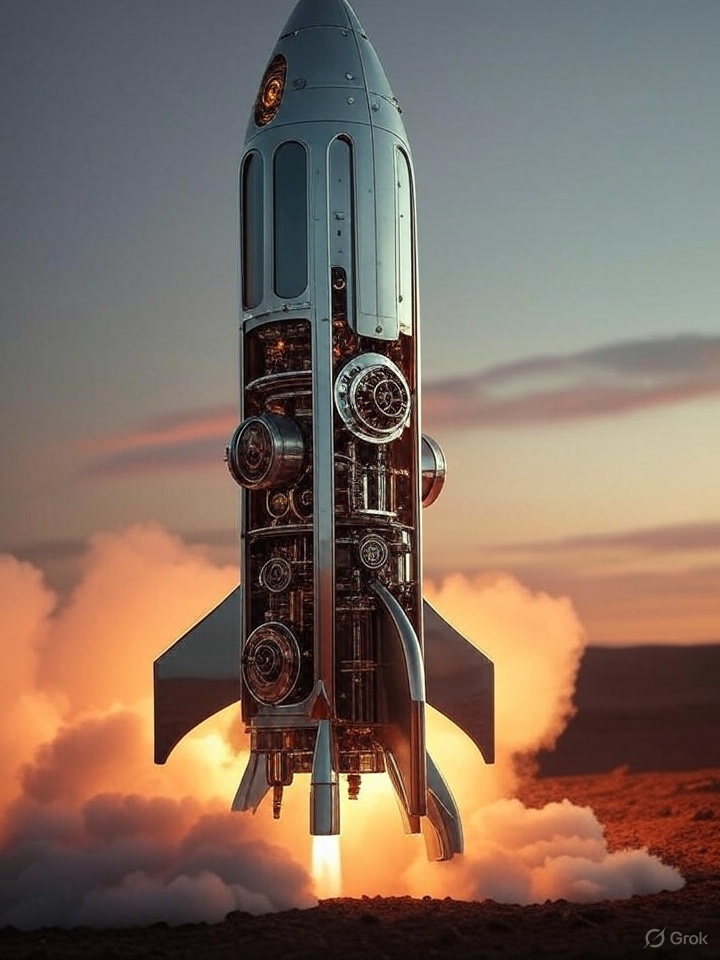 Musk’s timeline for Mars colonization is ambitious.
Musk’s timeline for Mars colonization is ambitious.
SpaceX aims to send its first uncrewed missions to Mars in the coming years, with crewed missions potentially following in the late 2020s or early 2030s.
While challenges remain, including radiation exposure, long-term habitation, and the psychological toll of living on an alien planet, Musk remains undeterred.
He views these obstacles as solvable problems, given enough time, ingenuity, and determination.
Also read:
- Ross Ulbricht Receives $31.4M Bitcoin Donation, Considers Launching New Marketplace After eBay Snub
- Quasa Rewards Technology: Crafted for Creators & Brands
- OnlyFans Up for Sale: $8 Billion Valuation Sparks Buzz, But Is It Realistic?
Conclusion
Elon Musk’s vision to colonize Mars is rooted in a profound understanding of humanity’s vulnerabilities and potential. By becoming a multi-planetary species, Musk believes we can safeguard our civilization, preserve our consciousness, and unlock new frontiers of innovation and exploration.
While the journey to Mars is fraught with challenges, Musk’s unwavering commitment to this goal serves as a reminder that humanity’s greatest achievements often come from daring to dream big. As he famously said, “I’d like to die on Mars, just not on impact.” For Musk, Mars is not just a destination — it’s the key to humanity’s survival and a stepping stone to a brighter future among the stars.

